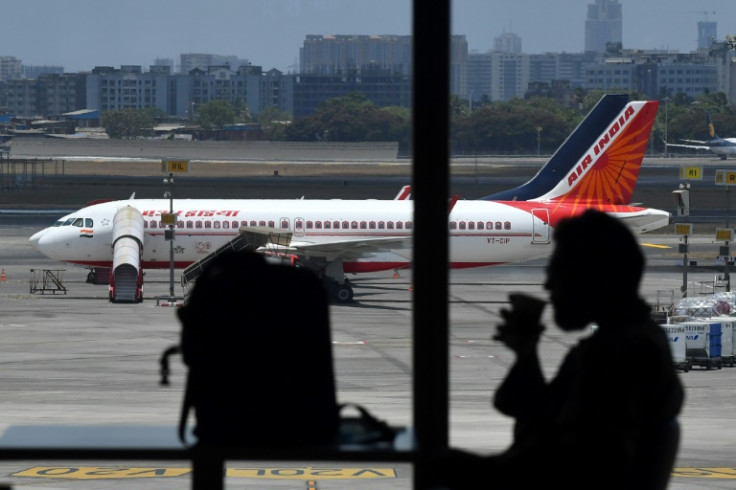
Just two days after the fatal crash of Air India Flight AI 171 on 12 June, another serious safety incident has raised further concerns about the airline's operational standards.
On 14 June, Air India Flight AI 187 from Delhi to Vienna experienced a sudden 900-foot loss of altitude shortly after take-off, triggering onboard stall warnings and ground proximity alerts. Both pilots have now been suspended pending the outcome of a formal investigation by Indian aviation authorities.
Pilots Suspended Following Serious In-Flight Incident
Flight AI 187, operated by a Boeing 777, departed from New Delhi at 2:56 a.m. local time. Shortly after leaving the runway, cockpit instruments issued multiple ground proximity warnings, cautioning the flight crew that the aircraft was dangerously close to the ground. This was followed by stall alerts, warning of a potentially catastrophic loss of lift. Despite these warnings, the aircraft descended rapidly, dropping 900 feet before the pilots managed to stabilise the flight.
The Directorate General of Civil Aviation (DGCA), India's civil aviation regulator, has now removed both the captain and first officer from duty. A full investigation is underway to determine whether pilot error, system malfunctions or inadequate pre-flight checks contributed to the incident.
Regulatory Scrutiny Intensifies
This latest incident comes at a time when Air India is already under significant scrutiny following the fatal crash of AI 171, which claimed multiple lives earlier in the week near Ahmedabad. In response to these consecutive events, the DGCA has initiated a comprehensive audit of Air India's safety protocols, maintenance procedures and crew training standards.
Aviation safety experts are warning that the near-disastrous event on Flight AI 187 points to deeper systemic issues. Analysts suggest that weaknesses in aircraft performance monitoring, pilot oversight and maintenance checks could be contributing factors.

International Passenger Concerns Grow
The implications of these incidents extend beyond India. Air India operates several direct flights between India and the United Kingdom, including services to London Heathrow and Manchester. British passengers have taken to social media to voice their concerns over the airline's safety record. Some travel agencies are reporting a rise in queries about cancellation policies and passenger rights.
The DGCA's fleet-wide audit is expected to examine not only technical maintenance records but also the frequency and quality of simulator training sessions for flight crews. The agency will also review how Air India has handled previous safety reports and whether corrective actions were properly implemented.
Restoring Trust in Air India's Safety Standards
While the immediate suspension of the flight crew is seen as a necessary first step, industry observers stress that restoring passenger confidence will require far-reaching reforms. This includes enhancing pre-flight inspection protocols, introducing more robust pilot training programmes and ensuring that any mechanical issues are addressed promptly and transparently.
Clear communication with the travelling public will also be essential. Passengers and regulators alike will be watching closely for the findings of the DGCA's investigation. For Air India, demonstrating a renewed commitment to safety is now not only a regulatory obligation but a commercial imperative.
With international scrutiny intensifying, the airline's ability to ensure safe and reliable operations in the coming months remains under question.







